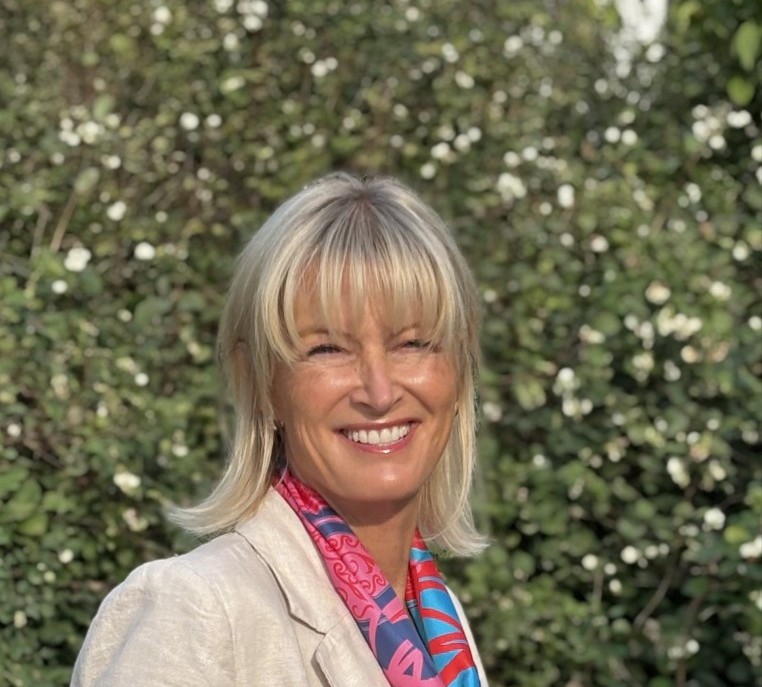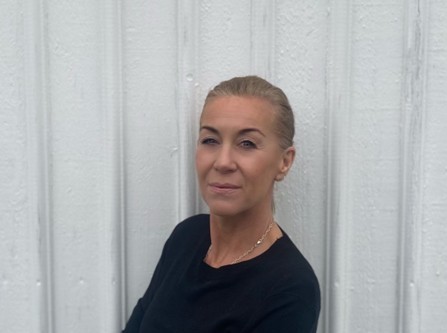This week's inspiration: Anna Lindberg
Hi Anna Lindberg, you recently left the NTM Group after several successful years, most recently in the role of CEO and publisher. How


Hi Anna Lindberg, you recently left the NTM group after several successful years most recently in the role of CEO and publisher. How has this time shaped you as a leader? What do you take with you from there in your leadership role?
It has been a real challenge, but above all a great privilege, to lead a company in a structural crisis. It has forced me to sharpen both my strategic ability, but also my courage. A structural crisis requires both environmental awareness and an ability to translate strategic decisions into concrete economic results. Media, music and film are three industries that were early challenged by digital development, and there are plenty of lessons to be learned from what these industries have done - and not done - in the last 20 years.
Being responsible publisher is also challenging but enormously developing. There it is important to have high integrity, both as a person and a leader, but also to have an intellectually defensible journalistic basis. I have worked a lot with just this, to create a clear platform for journalistic decisions that are also anchored in the organization and that can be communicated all the time, both internally and externally. It becomes like an extensive value-based work, which must be sharp, clear and work for each publication, every day.
You have a good habit of leading in transformation and change. What advice do you have for other leaders when it comes to maintaining employee motivation in such a process?
Motivated, committed and professional employees are of course the most important asset in all organizations. At the same time, as a leader, you cannot duck decisions and measures that are strategically necessary, but which create friction in the organization. Discussing strategies and making tough decisions is not that difficult. Implementing them is the difficult part.
If I am to try to give concrete advice, I would probably think something like this:
It is important to be able to formulate and visualize the overall direction with a transformation process. Just saying that "we must for economic reasons" is rarely motivating enough. Over the years, I have learned to be more forward-leaning in this and less reactive. I think it contributes to a culture where change and development is a desired state, not a time-limited process with a static end goal.
Transparency and clarity are your greatest asset. Make sure that change processes are structured and as clear as possible, with as much readily available information as possible. In this way, anxiety and insecurity are counteracted. For example, I have always informed all employees at the same time about major organizational changes, before I start union negotiations. Then everyone knows what I and the management want to achieve, not just the clubs. Then I inform as openly as I can, continuously throughout the process.
I have tried to have my sights set on a common, professional culture in the company. Everyone in the organization, regardless of role, has a professional responsibility and mandate. The word professionalism is good, I think, because it adds a kind of de-dramatization of situations, conflicts and driving forces. It becomes easier to meet and constructively solve issues from working environment to skills development.
How do you think tomorrow's media landscape will look like?
That is a complex question, because the demand for journalism continues to be very high, but the business model is still under hard pressure. I think we will see continued changes when it comes to the media industry in Sweden, both when it comes to ownership, public support systems and various types of new collaborations. There is absolutely a risk of increasing democratic gaps in society, where many are willing to pay for free and independent journalism, but even more are content with what reaches them via social flows.
A stable, transparent and healthy democracy is nothing we can just take for granted. That there is free and independent journalism is a social issue, not a media issue. It concerns us all.
Contact
What challenges are you facing today? - We would love to hear from you!





